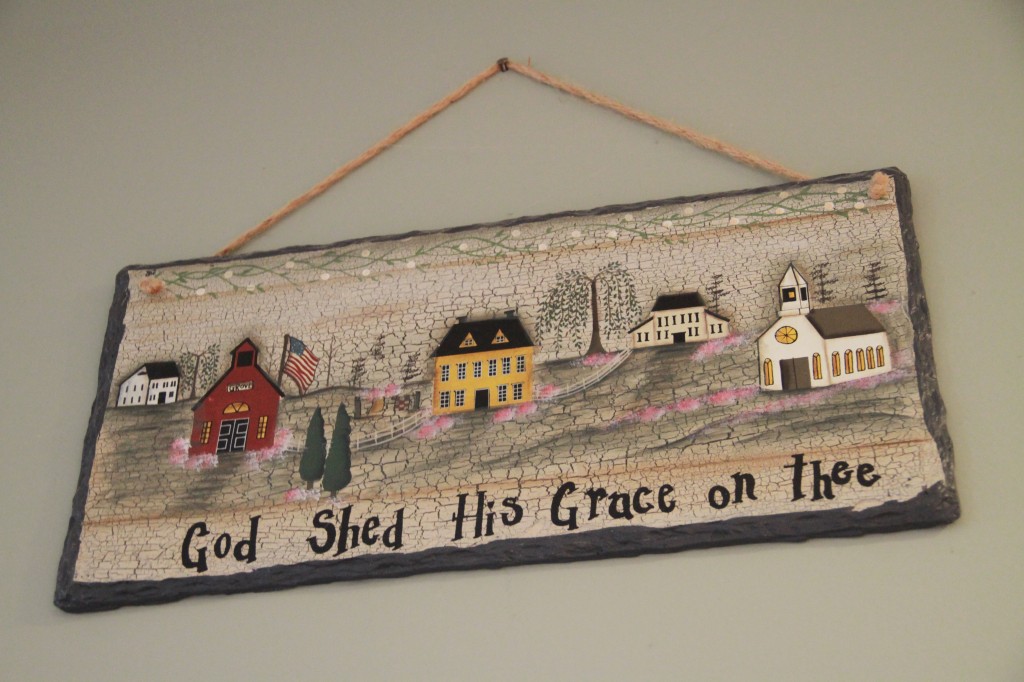
Author: Irene Hannon
Series: Book 1 of the Private Justice Series
Genre(s): Christian Fiction, Inspirational Romantic Suspense, Mystery
Readers of Inspirational Romance and Romantic Suspense should find Vanished by Irene Hannon to be an interesting read. The story begins with an unusual car accident. Moira Harrison, the story’s heroine, is driving on an unfamiliar country road at night in the rain, when a terrified woman jumps in front of her car. But when this woman disappears without a trace, no one believes that Moira saw her at all. People think she must have seen a deer and mistaken it for a person given the bad conditions and her missing glasses, or that she became confused from the head injury she suffered in the accident.
But Moira knows what she saw and is convinced the woman was in some kind of trouble. The rest of the story follows Moira’s quest for answers as she seeks to help the unknown woman she encountered on that dark country road. Enter handsome Private Investigator and ex-detective Cal Burke, the one person inclined to believe Moira’s story. As Moira and Cal work together to investigate the disappearance, they uncover incriminating evidence that points in an unlikely, but dangerous direction.
The suspense element is minimal in the first half of the book, but the mystery and romance elements keep the reader turning the pages. Sufficient hints and foreshadowing allow the reader to keep a step ahead of the characters in their investigation, if you’re paying close attention. But each question answered raises more questions in turn, pulling you continually further into the story, and making it way too hard to put down. The romance between Cal and Moira is sweet and satisfying. It moves at a believable pace with challenges arising from Cal’s lingering feelings for his deceased wife, and Moira’s status as a client.
As their investigation uncovers more and more evidence against their suspect, he becomes aware that Moira knows too much. That’s when the suspense kicks into high gear, and the reader begins to wonder if Moira would have been better off letting this mystery go unsolved.
One plot twist in particular felt a little reminiscent of a Nancy Drew mystery, with the heroine rushing in where she shouldn’t and getting herself into trouble, before ultimately turning the situation around. Nevertheless, the circumstances and character motivations surrounding her decisions felt plausible if a bit foolish, promoting a willing suspension of disbelief.
All in all, a fascinating read featuring romance, mystery, and suspense. The characters were three dimensional and interesting, with believable motivations and reactions, even in the case of the bad guy. The fascinating characters seem to be one of the best features of Irene Hannon’s work, along with the way she interweaves plot and character development throughout each scene, such that nothing is wasted. It seems that everything on the page contributes something significant toward building a well crafted work of art. Also impressive is the amount of detail in both the investigative and medical spheres, indicating the extensive research that must have gone into the writing of this book. Highly recommended for fans of Christian fiction, particularly those who enjoy romantic suspense.
For those interested in the discussability of Vanished, note that it raises a number of interesting questions about complicated issues like assisted suicide, and the ethics of using “pretexts” in private investigative work. This book could be a good choice for stimulating discussion by a book group. The author’s Web site, provides a number of excellent discussion questions for your consideration, but watch out for spoilers if you haven’t read the book yet!

